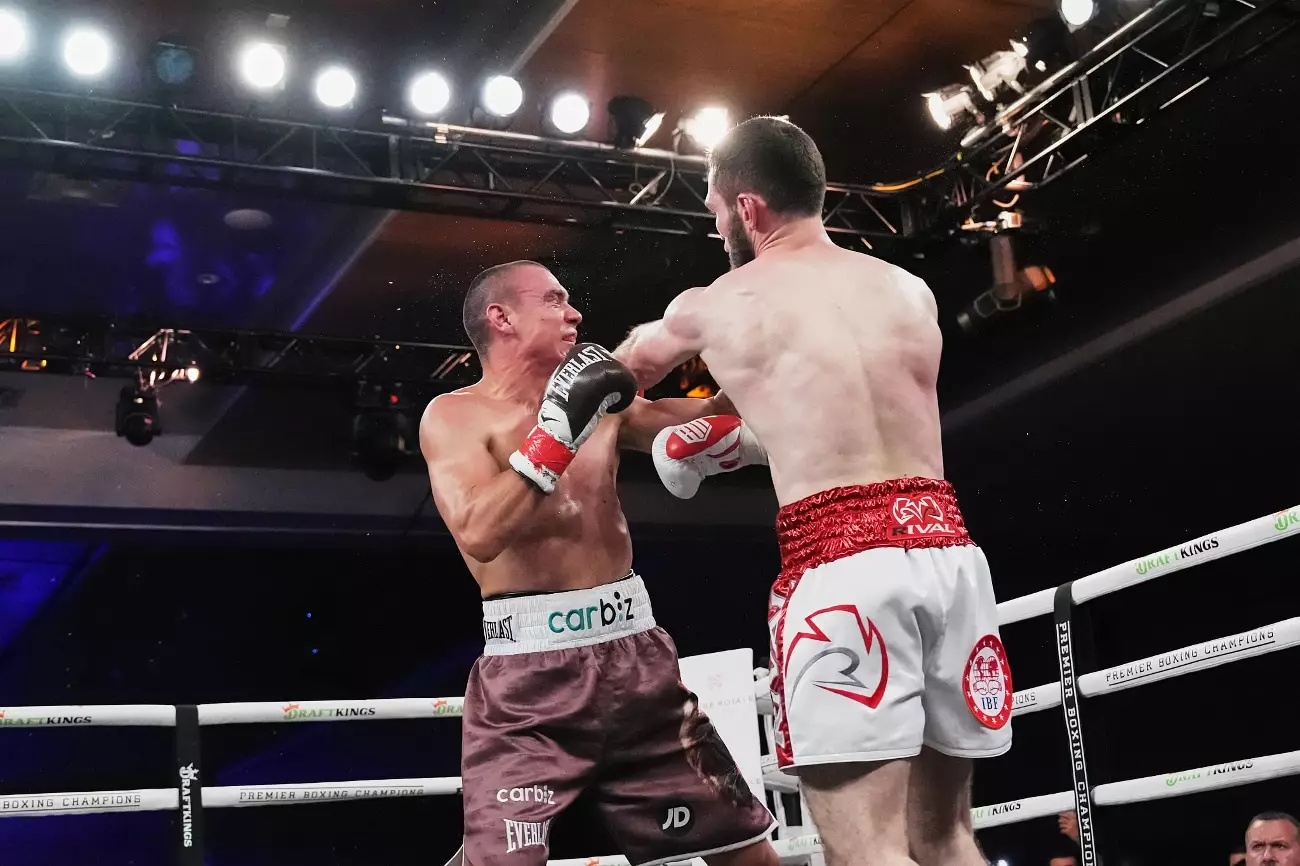In the highly competitive arena of professional boxing, the narrative often shifts with a single fight. Tim Tszyu, once seen as the heir to the notable Tszyu boxing legacy, faced a crucial battle against Bakhram Murtazaliev. Expectations were high as Tszyu entered the ring, buoyed by his storied lineage and his aspirations of reclaiming glory following a disappointing loss to Sebastian Fundora. However, the reality of the match proved a bitter pill to swallow as Tszyu suffered a shocking defeat in just three rounds, leaving many to question the future of his career.
Tszyu’s journey back to the ring was marked with intense scrutiny and anticipation. With a record of 24 wins and 2 losses, the Australian boxer seemed poised to overcome his previous defeat and cement his status among boxing’s elite. Unfortunately, Murtazaliev, relatively unknown to mainstream audiences, took advantage of Tszyu’s overconfidence. The fight commenced with Tszyu displaying aggression, but Murtazaliev quickly showcased his capabilities, knocking Tszyu down multiple times. The unexpected nature of the defeat raises questions about Tszyu’s mental preparedness and strategic focus leading into the match.
On the other hand, Bakhram Murtazaliev emerged from this bout without a scratch on his reputation. With a perfect record now standing at 23-0 (17 KOs), he proved to be a formidable opponent, effectively capitalizing on Tszyu’s lapses. Observers have noted Murtazaliev’s potential to become a future superstar in the 154-pound division, positioning him for potential high-stakes matchups against renowned fighters, including Terence Crawford. Crawford himself watched the fight, seemingly eager to evaluate whether Murtazaliev could be a viable challenger. He suggested that Tszyu underestimated his opponent, which could hint at a lesson learned the hard way in the ring.
The aftermath of such a decisive loss inevitably prompts discussions about Tszyu’s career trajectory. Boxing is not just a physical contest; it’s also a mental game that requires constant self-assessment and resilience. Tszyu’s statements leading up to the fight projected confidence, but the reality of losing critical rounds and being knocked down may signify a need for a reevaluation of his approach. The pressing question now is whether he can bounce back and learn from this experience or if the sport has finally found a way to humble him permanently.
As for Bakhram Murtazaliev, the horizon appears bright. With the prospect of significant matches ahead, including a potential clash with Crawford or other skilled fighters like Sebastian Fundora and Vergil Ortiz, the division is ripe for exciting storylines. Murtazaliev’s ability to capitalize on Tszyu’s complacency could mark the dawn of a new era in the 154-pound class, stirring the pot of potential matchups that could electrify boxing fans globally.
The outcomes of fights often reverberate beyond the ring, and both Tszyu and Murtazaliev have illustrated how swiftly the tides can turn in professional boxing. As the dust settles, fans can only wonder what this pivotal fight means for both fighters moving forward.

